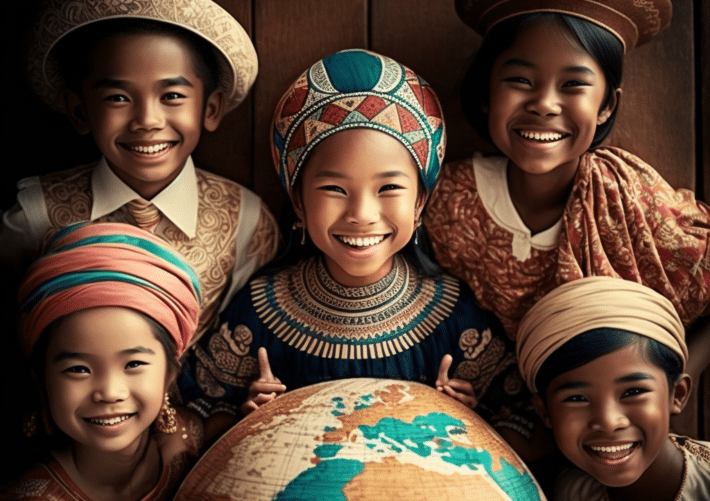
Traditional African games are more than just forms of entertainment; they are the threads that weave the rich cultural identity across the continent. From the vast plains of East Africa to the dense rainforests of the West, traditional games have been an integral part of African societies, shaping social interactions, preserving heritage, and fostering a sense of belonging. Traditional African games are not mere pastimes but repositories of cultural wisdom and societal values. Passed down through generations, these games serve as living artifacts, embodying the collective experiences, beliefs, and traditions of diverse African communities.
Roots of Traditional African Games
The roots of traditional African games goes deep into the annals of history, tracing their origins to the cradle of human civilization. These games are not mere diversions; they are living artifacts that have evolved alongside the development of diverse African cultures. From the great empires of Mali and Ghana to the nomadic tribes of the Sahara, traditional games have been woven into the fabric of daily life for centuries. As African societies evolved, so did their traditional games.
Cultural Symbolism In Traditional African Games
Traditional African games are not mere pastimes; they are often deeply embedded in rituals and ceremonies that hold significant cultural importance. These rituals elevate the act of play to a sacred and communal experience, forging a connection between the players, their ancestors, and the spiritual realm. In various African societies, specific games are integrated into rites of passage, initiation ceremonies, or celebrations of significant life events. The rhythmic movements and gestures of players become a form of dance, transforming the game into a sacred performance. Traditional African games are laden with symbolic elements that convey deeper meanings beyond the immediate context of play. These symbols often reflect the cosmology, mythology, and spiritual beliefs of the communities that engage in these games.
Traditional Games In Identity Formation
Traditional African games play a pivotal role in shaping both personal and collective identities within communities. As individuals engage in these games, they become active participants in a cultural dialogue that fosters a sense of belonging and self-discovery. The unique rules, strategies, and cultural symbolism embedded in these games contribute to the formation of individual identities by instilling a deep connection to one’s cultural roots. Traditional games serve as a communal language, a shared experience that reinforces the bonds between community members.
Advancements In Traditional African Games
A contemporary wave of adaptations and advancements has emerged, reflecting the dynamism of cultural expressions in the modern age. While the core essence of traditional games remains intact, innovative twists have been introduced to meet the evolving interests and lifestyles of today’s society. Digital platforms, such as mobile applications, Quantum FBC and online gaming communities, provide a new arena for the continuation of traditional gameplay, connecting players across borders.
Sum Up
Traditional African games stand as vibrant threads woven into the fabric of cultural identity, influencing both personal journeys and collective narratives across the diverse landscapes of the continent. These games, rich in symbolism and ritual, serve as more than mere pastimes; they are living expressions of heritage, shaping individual identities and fostering a deep sense of community. From initiation ceremonies to everyday play, traditional games bridge the past and the present, embodying the wisdom of generations and transmitting cultural values. As players engage in strategic moves, rhythmic dances, and communal celebrations, they actively contribute to the continuity of their cultural legacy. In the dynamic interplay of tradition and play, traditional African games emerge not only as repositories of history but as active agents in the ongoing formation of identity, connecting people to their roots and each other.







